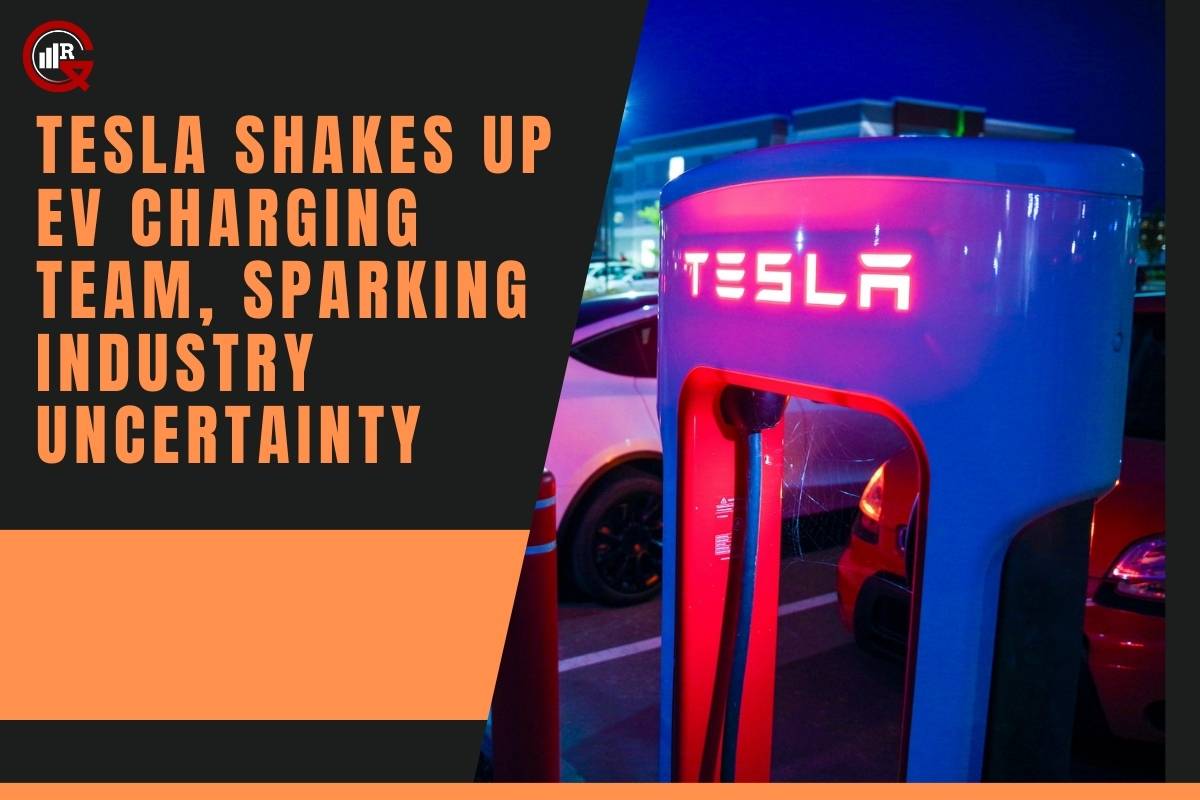(Source-the-ken.com)
Tesla’s decision to dismiss its team overseeing the EV charging business has sent shockwaves through the industry, casting doubts on the future of one of the largest US charging networks. The sudden move has raised concerns among other automakers, including General Motors and Ford, who have expressed intentions to utilize Tesla’s charging infrastructure.
Unexpected Layoffs Rock Tesla
Social media posts from Tesla employees on Tuesday confirmed the layoffs, initially reported by The Information. William Navarro Jameson, strategic charging programs lead at Tesla, revealed on X that the company had “let our entire charging org go,” underscoring the abrupt nature of the decision.
The significance of charging infrastructure in driving widespread EV charging adoption cannot be overstated, and Tesla’s expansive “Supercharger” network has long been a cornerstone of its vehicle offerings. Until recently, this network was exclusively available to Tesla vehicles, positioning the company as a leader in charging infrastructure.
Industry Ripples and Competitor Response
The announcement blindsided many industry insiders, including Lane Chaplin, a senior manager in Tesla’s charging division, who shared on LinkedIn the sudden dissolution of the Tesla Charging organization. However, following an invitation by Tesla CEO Elon Musk, major automakers in the US pledged to adopt Tesla’s charging technology, now known as the North American Charging Standard (NACS).
In response to this shift, major EV charging providers such as Electrify America and EVgo have announced plans to incorporate NACS cables into their charging infrastructure. The implications of these changes for the charging network and the industry at large remain uncertain, leaving many stakeholders in a state of flux.
Tesla’s Response and Industry Impact
While Tesla has yet to officially comment on the layoffs, Musk stated on X that the company intends to continue expanding the Supercharger network, albeit at a slower pace. He emphasized a focus on maintaining 100% uptime and enhancing existing locations. However, the decision to disband the charging team reflects a strategic shift for Tesla, signaling a departure from viewing charging infrastructure as a competitive advantage.
Industry Analysts Weigh In
Gene Munster, managing partner at Deepwater Asset Management, views the move as indicative of Tesla’s shifting priorities toward autonomous driving. Meanwhile, Dan Ives, a senior analyst at Wedbush Securities, interprets the decision as a response to softer EV charging demand globally, necessitating strategic adjustments to realign the company’s trajectory. However, the wholesale removal of the EV charging department has left many scratching their heads, underscoring the complexity of Tesla’s strategic maneuvers in a rapidly evolving market landscape.
Also Read: Emerging Markets Battle Weak Currencies as Dollar Crushes Peers






